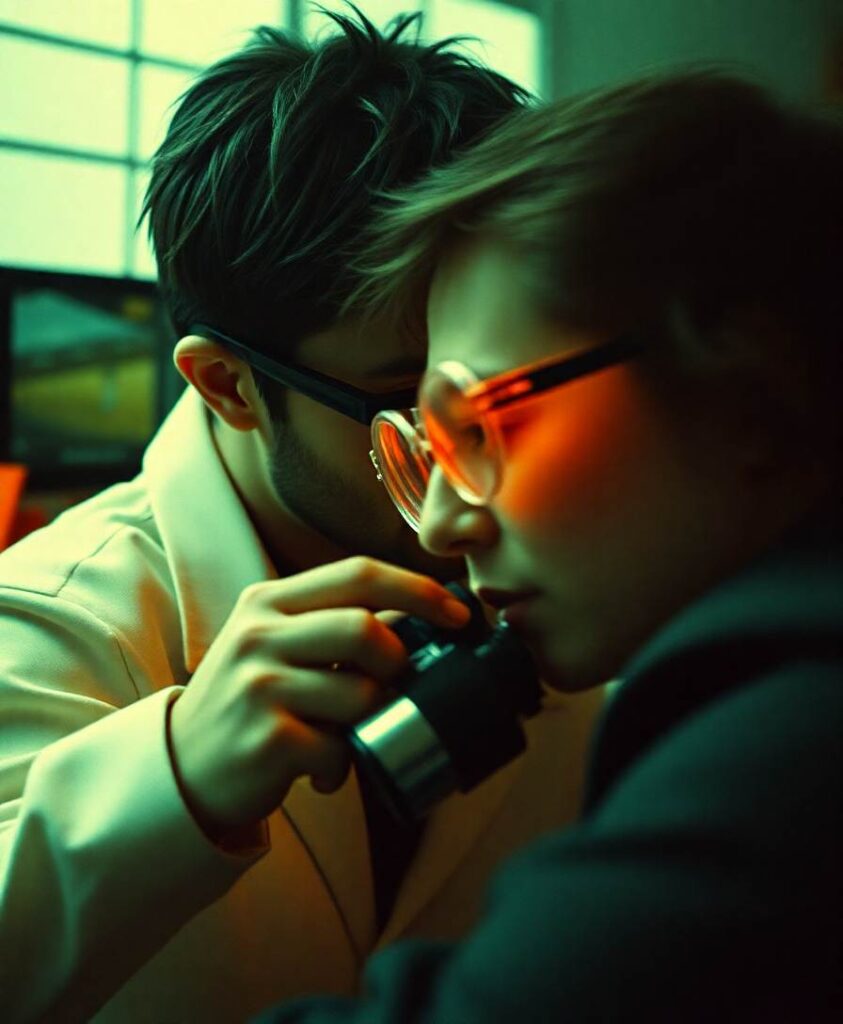Possible Objects: Topological Approaches to Individuation
Abstract
We think of the world around us as divided into physical objects like toasters and daisies, rather than solely as a smear of properties like yellow and smooth. How do we single out these objects? One theory of object concepts uses part‐of relations and relations of connectedness. According to this proposal, an object is a connected spatial item of maximal extent: Any other connected item that overlaps (i.e., shares a part with) the object must be a part of that object. This article reports four experiments that test this proposal. Participants see descriptions or diagrams of spatial items that vary across trials in their relative positions. In separate experiments, participants decide whether the items are physical objects, whether they are wholes, or how many objects are present. All experiments find support for connectedness as a contributor to object status, but they find little support for maximality. The results suggest that maximality is not a necessary feature of wholes or of objects.
Jean-Baptiste is a French-Canadian anthropologist in Montreal, investigating cultural influences on human motivation and success. His pursuance of highlighting how historical Canadian values foster ambition, aims to elevate readers toward self-actualization.


